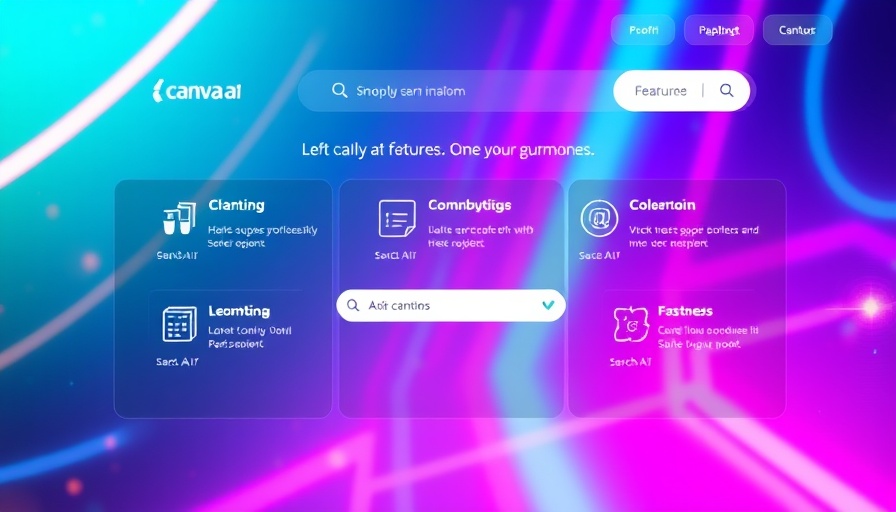
What You Need to Know About LLM Engineer Interviews
If you're preparing for an LLM Engineer job interview, you've come to the right place. As AI continues to revolutionize the way small and medium-sized businesses operate, understanding the role of Large Language Models (LLMs) can put you ahead of the game. For those unfamiliar, LLMs are advanced machine learning systems that utilize vast amounts of data to comprehend and generate human-like text. Today, we'll explore pivotal interview questions, from the basics to more advanced topics.
Understanding the Basics: Beginner Questions
If you’re new to LLM technology, interviewers often start with fundamental inquiries to gauge your foundational understanding. Question 1: What is a Large Language Model (LLM)?
A: Imagine LLMs as sophisticated neural networks trained on billions of words with the goal of comprehending context deeply enough to predict or generate human-like text. Models such as GPT-4 or Gemini exemplify this technology.
Question 2: How would you explain the transformer architecture to someone new?
A: The transformer architecture is a framework for neural networks that enhances the model’s ability to understand context by processing phrases in tandem rather than sequentially. This methodology allows LLMs to respond to prompts intelligently and contextually.
Diving Deeper: Intermediate Questions
Moving beyond the basics, interviewers may ask questions that test your practical knowledge and understanding of different LLM functionalities. Question 3: Can you explain Fine-Tuning?
A: Fine-Tuning refers to the process of adapting a pre-trained LLM to a specific task or dataset. This practice enhances the model's performance on specialized applications without needing to start training from scratch.
Question 4: How do you evaluate the performance of an LLM?
A: Performance metrics such as perplexity, BLEU scores, and human judgment can assess an LLM's quality in text generation and comprehension, ensuring it meets the required standards for practical applications.
Challenging Assumptions: Advanced Questions
As you reach the advanced stages of your interview, expect questions that challenge your critical thinking and ability to innovate. Question 5: What ethical considerations must be accounted for when deploying LLMs?
A: Addressing ethical considerations means examining biases present within the training data, potential misinformation generation, and ensuring that user data is treated responsibly. These factors significantly influence public trust.
Question 6: How does transfer learning benefit LLM applications?
A: Transfer learning allows LLMs to apply knowledge gained from one context to different, related tasks, thus improving efficiency and accuracy, which is particularly valuable for small and medium-sized enterprises seeking competitive advantages through technology.
Pro Tips for Success
Remember, preparation is key. Familiarize yourself with the latest LLM developments and be ready to discuss recent breakthroughs and their implications in business contexts. Engaging with hands-on projects, especially those relevant to small business applications, can also set you apart.
Conclusion: Stepping Forward
With the landscape of AI and LLM technologies evolving rapidly, staying informed will bolster your confidence during interviews. Interacting with relevant communities online and participating in skill development can significantly enhance your appeal to employers.
Are you ready to take your career to new heights? Embrace the challenges and opportunities that LLMs present. Dive deeper into skills, connect with industry experts, and prepare to revolutionize how your business can leverage AI!
 Add Row
Add Row  Add
Add 




Write A Comment